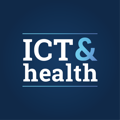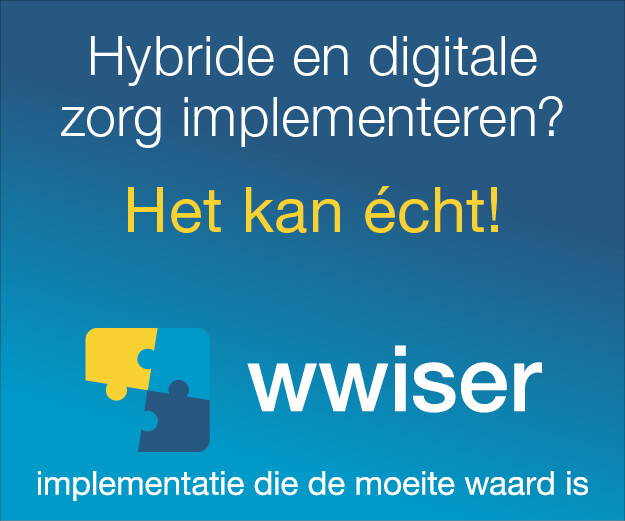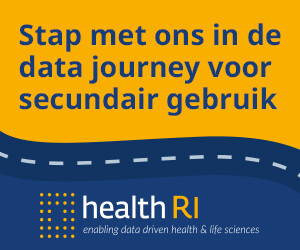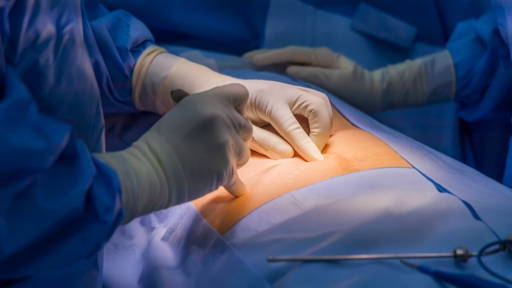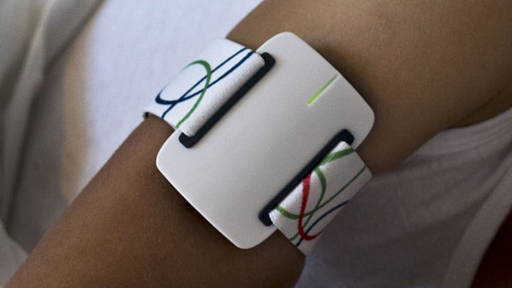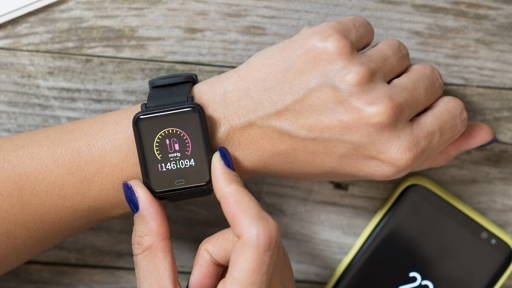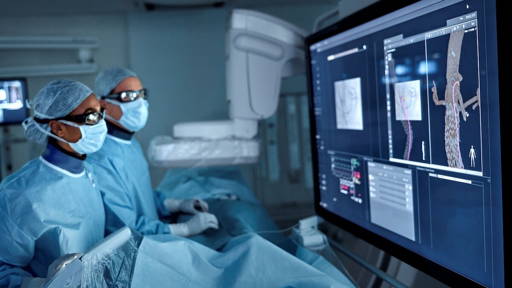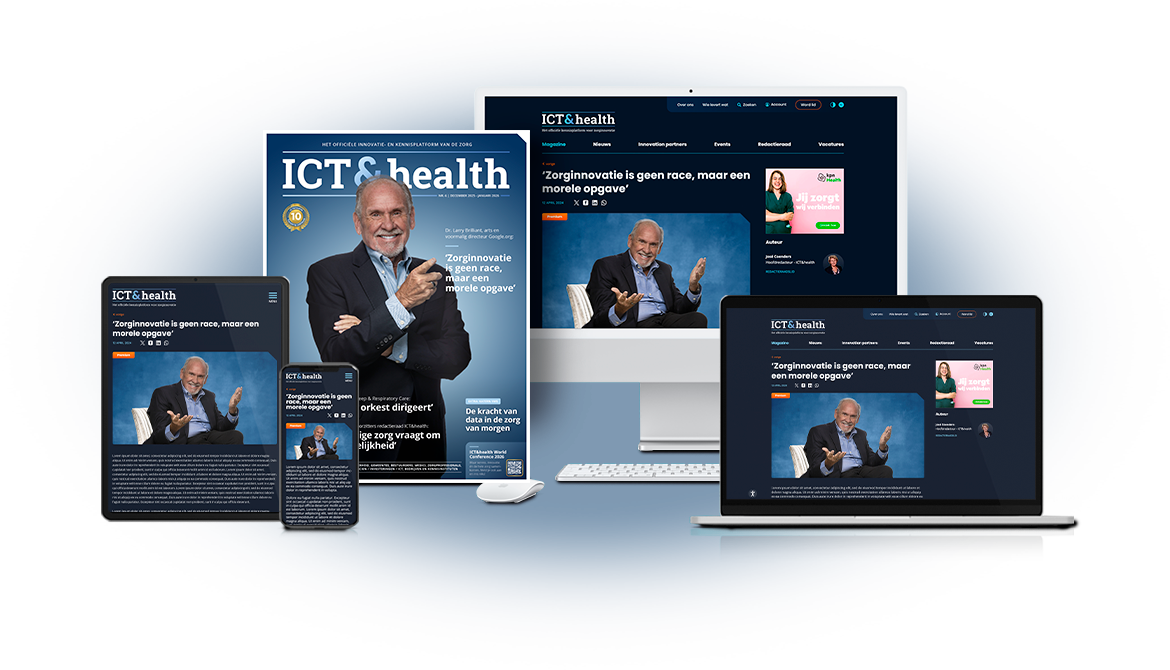Take a deep breath before you read this: A team from MIT has built the world’s first USB-powered mobile stethoscope.
Plugged into a smartphone, its companion app transforms the device into a low-cost diagnostic tool, which health workers and nonspecialist physicians can use to diagnose lung disease.Diseases of the lungs — such as pneumonia, chronic obstructive pulmonary disease, or COPD, and lung cancer — cause more than 14 percent of deaths worldwide. Others like asthma reduce the quality of a person’s life. These diseases hit the developing world the hardest, because the major risk factors — air pollution, indoor cooking on coal fires, and smoking — are more prevalent there.
“At the same time, there aren’t enough specialists to see the patients and many of the general practitioners lack training in diagnosing pulmonary diseases,” said Daniel Chamberlain, a second year graduate student in MIT’s Technology and Policy Program, who is building the electronic stethoscope. He is also a fellow at the Tata Center for Technology and Design.
Rich Fletcher, a research scientist at the institute’s D-Lab, is the principal investigator on this mobile-based stethoscope project. He and Chamberlain are collaborating with Rahul Kodgule, a physician and senior researcher at the Chest Research Foundation in Pune, India, to field test the design. This will be the world’s first comprehensive clinical study to diagnose pulmonary disease using a mobile platform.
The traditional method of diagnosing lung disease requires large expensive machines costing over $100,000. “Our method just requires a mobile stethoscope and a peak flow meter (it measures how well your lungs expel air), that together cost less than $50 and will work with any Android smart phone, which many doctors in India have already,” said Fletcher.
Earlier this month, the team won $100,000 in the Wireless Innovation Project contest sponsored by Vodafone Americas Foundation. The annual competition, which supports high-potential mobile and wireless technology solutions, is now in its seventh year. Typically, the award-winning innovations pertain to health.
Doctors use the stethoscope to listen closely to the sounds of the patient’s body, then ask questions. They can tell when a wheeze, a common symptom of various lung diseases, needs to be investigated further. Their intuition is born of experience.
Fletcher explains how their mobile-based system works: The stethoscope records the wheezes. A peak flow meter records how well a patient’s chest expels air. The patient answers a questionnaire. The software takes the lung sounds and the other data, runs an analysis, and provides diagnostic feedback to the physician or health worker. “These algorithms are our true innovation,” he said.
“The system can act as a screening tool to flag patients for a more thorough check-up,” said Chamberlain.
The funding from Vodafone will enable the team to field test their system designed to diagnose pulmonary disease. “The results of our platform will be compared against the gold standard, which is the $100,000 pulmonary function-testing lab,” says Fletcher.
www.betaboston.com

